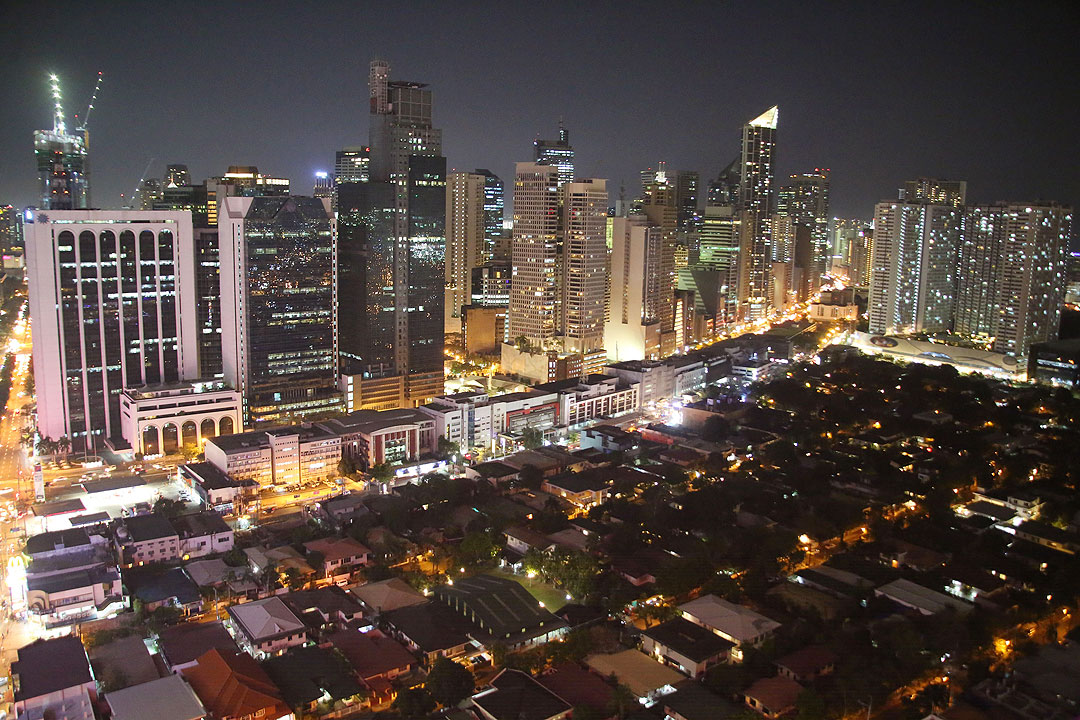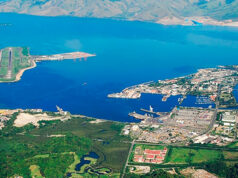
MAKATI CITY hit 82% of its 2025 target after collecting P15 billion in revenues in April, driven by sustained growth in business registrations and aggressive digital tax collection systems, it reported on Wednesday.
As of April, the City’s internally generated revenues stood at P14.24 billion, about 82% of its P19.33 billion target for 2025, according to data from the Office of the City Treasurer.
The figure included P8.73 billion in business taxes and P4.89 billion in real property taxes among other locally sourced income such as fees and charges (P515.28 million) and economic enterprises (P93.72 million).
The collection from external sources, including interest income (P235.91 million), national tax allotment (P397.87 million), and share from economic zone (P129.60 million), brings the City’s total collection to P15 billion.
Makati, home to many of the country’s largest corporations and financial institutions, also saw strong economic performance reflected in its latest business activity.
Nearly 2,000 new businesses registered between January and May, contributing P28.25 billion in fresh capital, while 35,019 firms renewed their permits during the same period. Gross sales from existing businesses reached over P2.07 trillion.
The growth underscored Makati’s efforts to digitize its local government operations, including tax assessment and payment systems, which have led to higher compliance rates and faster processing times, city mayor Mar-len Abigail S. Binay-Campos said in a statement.
“The city continues to enjoy a stable revenue base for the past nine years, owing, in large part, to our willingness to harness technology to make our transactions with the business sector more convenient, efficient, and transparent,” she added.
Meanwhile, the Commission on Audit has awarded the city an unmodified audit opinion — its highest rating — for eight consecutive years.
According to the city, the Department of Finance ranked it first among Philippine cities in both revenue self-sufficiency and per capita spending, based on fiscal data from 2022 and 2023. The city attributed the distinction to its reliance on local sources for its income.
Makati’s economy grew 6.3% in 2023, surpassing the country’s 5.6% gross domestic product growth and outperforming most major urban areas in Asia.
That momentum has allowed the city to fund extensive social welfare and infrastructure projects, contributing to a record-low poverty incidence of just 0.6% last year and an improvement in its Human Development Index to 0.903, among the highest in the country. — Chloe Mari A. Hufana



